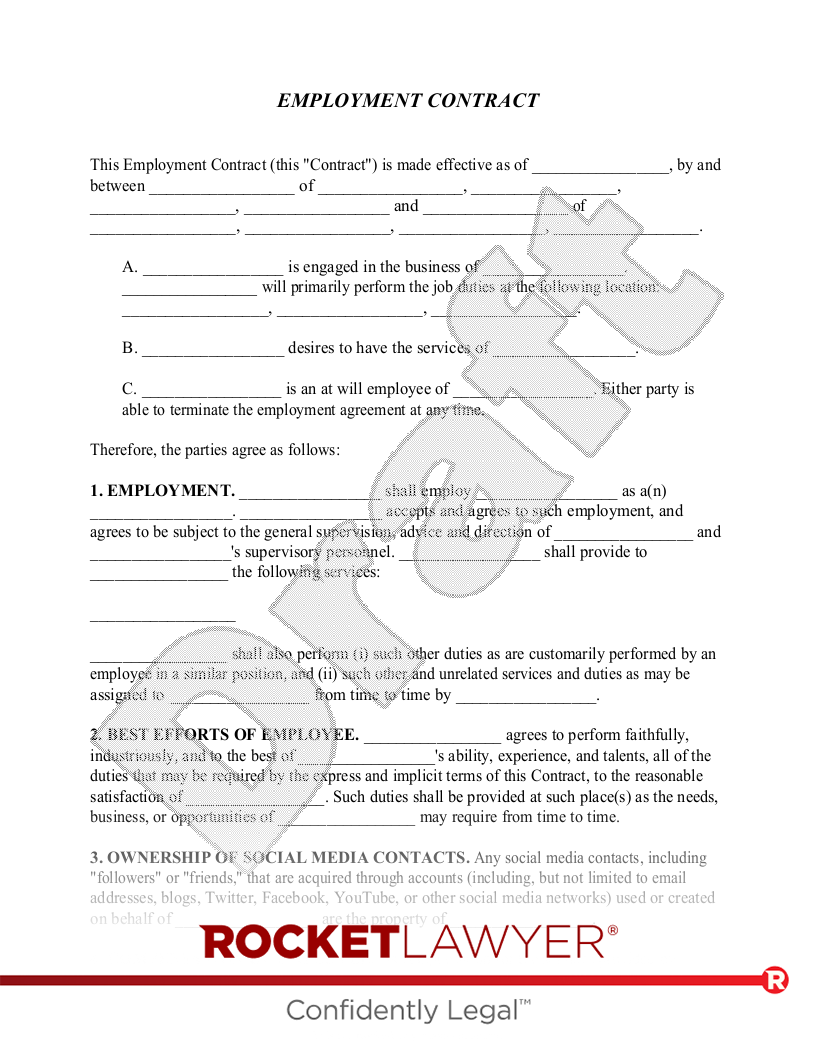Assembly Bill 5 versus the ABC test
In 2018, a landmark decision by the California Supreme Court set forth an ABC test to be used by employers when classifying workers as independent contractors vs. employees. While ABC tests are used in several states for applying wage and work hour laws, unemployment laws, and labor laws in specific industries, California's ABC test is only applicable in wage-order claims.
Meanwhile, AB-5 is meant to be used in a broader sense for California workers. The bill keeps the burden of proof on employers and classifies an independent contractor as a person who meets all of the following criteria:
- The worker is free from the control and direction of the hiring entity in connection with the performance of the work
- The worker performs work that is outside the usual course of the hiring entity's business
- The worker is customarily engaged in an independently established trade, occupation, or business of the same nature as the work performed for the hiring entity.
While it has a larger application than the ABC test, AB-5 still has a few limitations. There are built-in exceptions for certain occupations, which are mainly professionals, including lawyers, engineers, accountants, and doctors.
How will AB-5 impact my business?
Regardless of worker classification, it is always critical to get the terms of your work arrangement in an employment contract or independent contractor agreement, among other useful legal documents for employment and HR.
If you currently have contractors who do not meet all of the criteria of the new definition, it is important that you take actions towards complying with the new employment law. You can ask a lawyer about any requirements that apply to your specific situation.
Please note: This page offers general legal information, not but not legal advice tailored for your specific legal situation. Rocket Lawyer Incorporated isn't a law firm or a substitute for one. For further information on this topic, you can Ask a Legal Pro.
